As climate change, resource scarcity, and environmental responsibility become ever more pressing issues, South Africans are looking for smarter, greener ways to build. Whether you’re planning a residential home in Stellenbosch, a commercial building in Johannesburg, or a community project in Durban, choosing eco-friendly and sustainable building materials isn’t just good for the planet; it’s a smart, forward-thinking investment.
But how do you know which materials are truly sustainable? And how can your building contractor help guide these important decisions?
Let’s dig into everything you need to know about eco-friendly building in the South African context. 🌍🏡
Why Sustainable Building Matters in South Africa
South Africa’s unique environmental challenges, like water scarcity, energy instability and biodiversity threats, mean that building sustainably isn’t just a “nice to have”; it’s a necessity.
Key reasons to prioritise sustainable materials:
-
🌱 Conserve natural resources
-
🌍 Lower your carbon footprint
-
💰 Save money on energy and water bills long-term
-
🛡️ Improve the health and comfort of occupants
-
🏡 Increase your property’s market value
And let’s not forget that sustainable construction practices align with global green building certifications like EDGE, LEED, and Green Star SA, which are gaining serious momentum locally.
Top Eco-Friendly and Sustainable Building Materials for South Africa
Alright, let’s get down to business! Here are the top materials every future-forward homeowner, architect, and building contractor should consider:
1. Recycled Steel
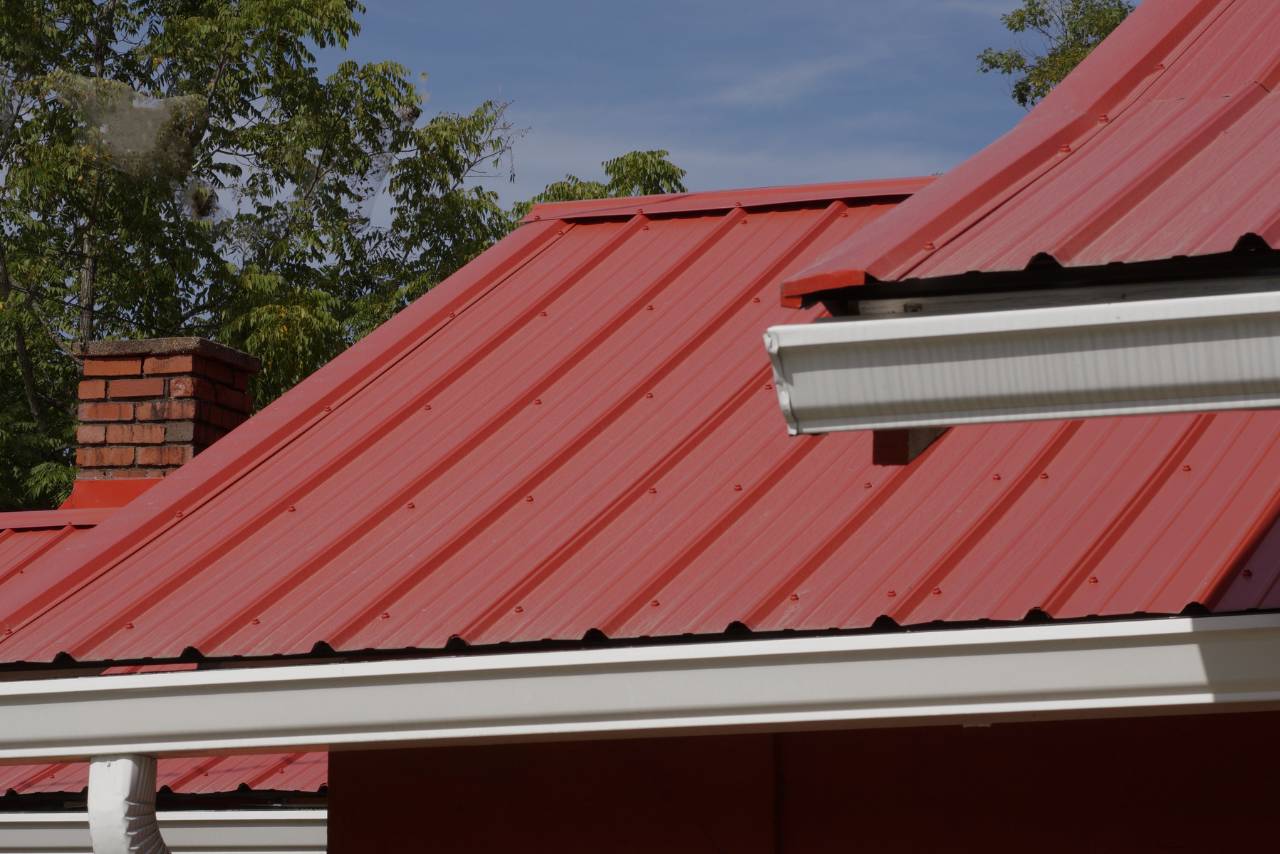
✅ Why it’s eco-friendly:
Using recycled steel drastically reduces the need for new iron ore mining and energy-intensive production. It’s strong, durable, and fully recyclable.
✅ Best for:
Structural framing, roofing, and reinforcements.
✅ Local Tip:
South African suppliers like Macsteel and ArcelorMittal SA offer a range of recycled steel products. Chat with your building contractor about sourcing responsibly.
2. Rammed Earth
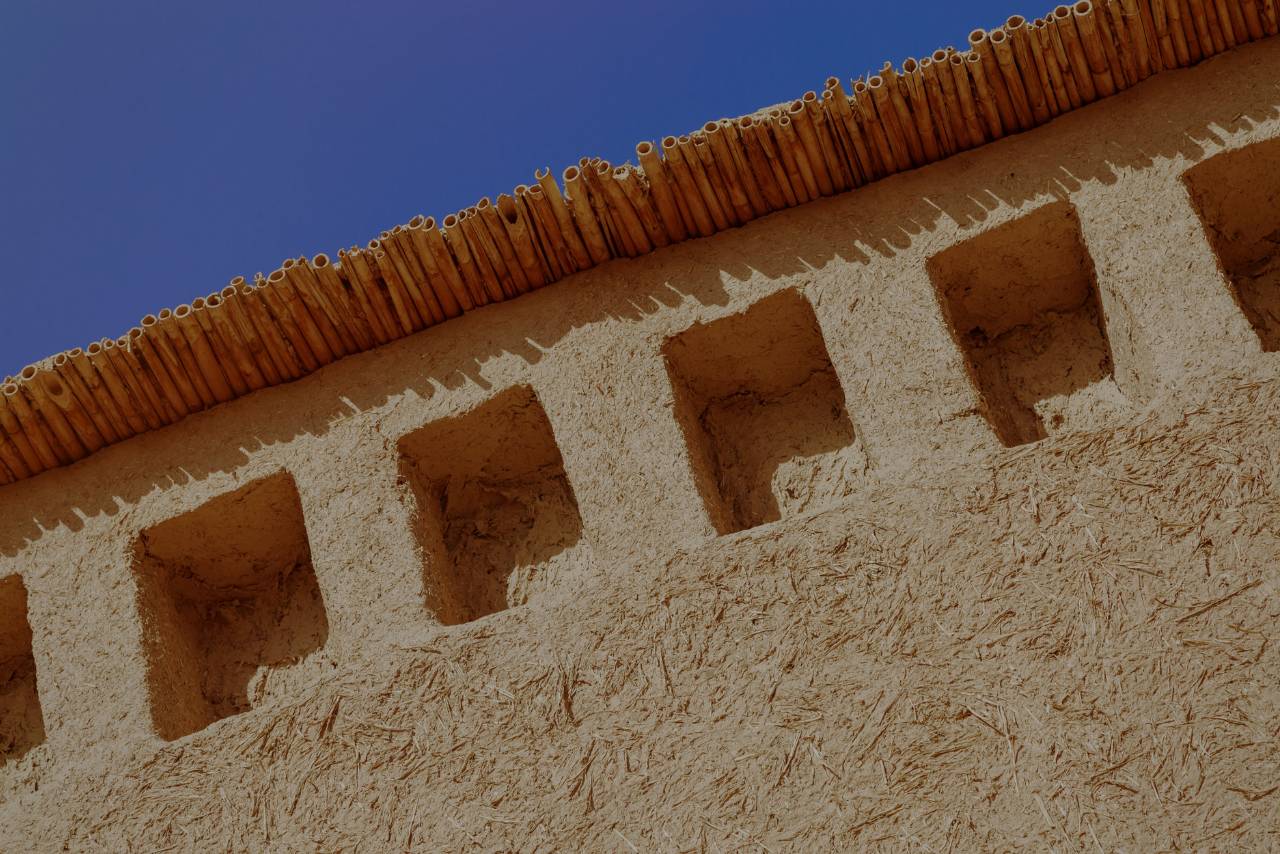
✅ Why it’s eco-friendly:
Made by compacting a mixture of earth, clay, and gravel into solid walls, rammed earth uses minimal processing and creates naturally insulated structures.
✅ Best for:
Walls, particularly in drier, warmer climates like the Karoo.
✅ Local Tip:
Traditional in many African cultures, modern rammed earth can be enhanced with stabilisers like lime to meet today’s building codes.
3. Bamboo
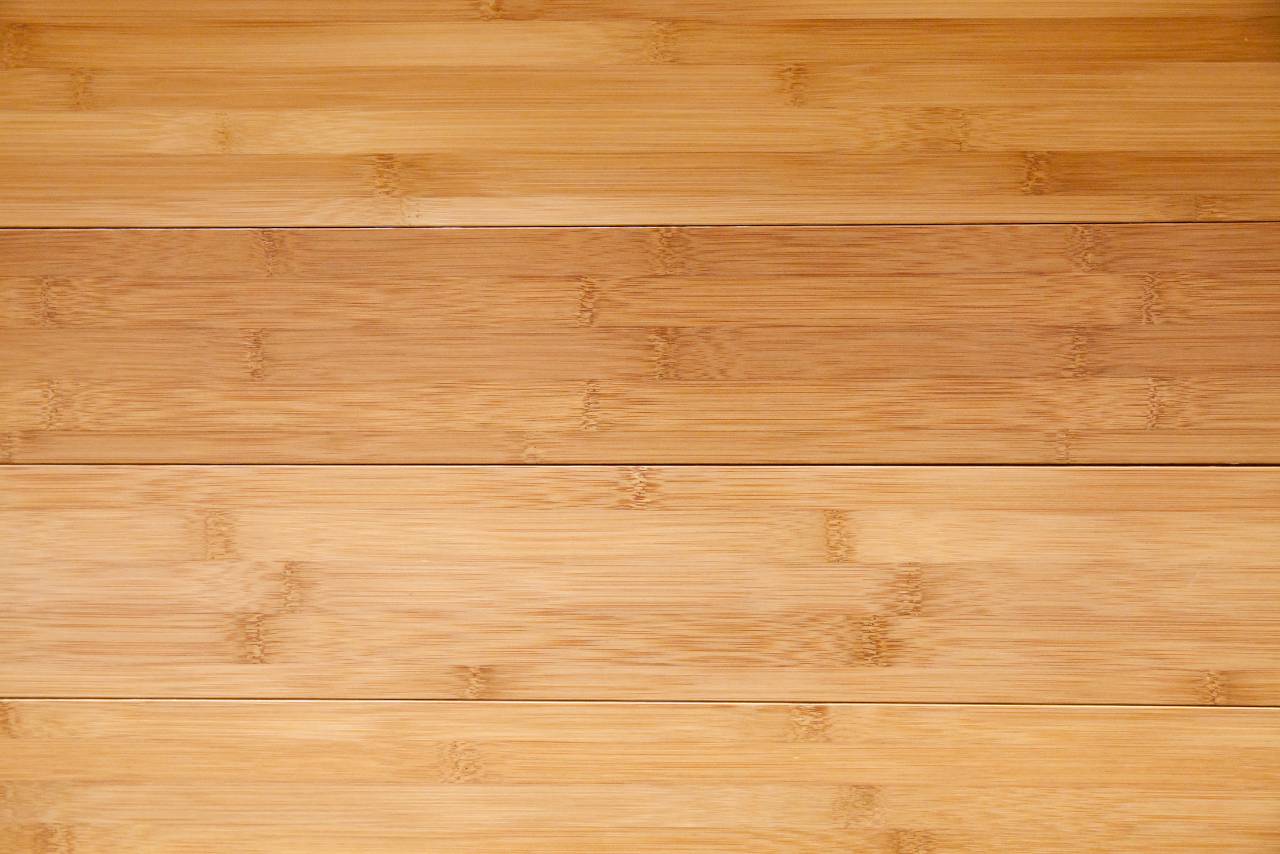
✅ Why it’s eco-friendly:
Bamboo grows incredibly fast (up to 91 cm in a single day) and sequesters carbon efficiently. Plus, it’s strong enough for flooring, beams, and even furniture.
✅ Best for:
Flooring, cladding, and decorative features.
✅ Local Tip:
Companies like Greenstuff and Eco Log Homes are pioneering bamboo products suited for South African conditions.
4. Reclaimed Wood
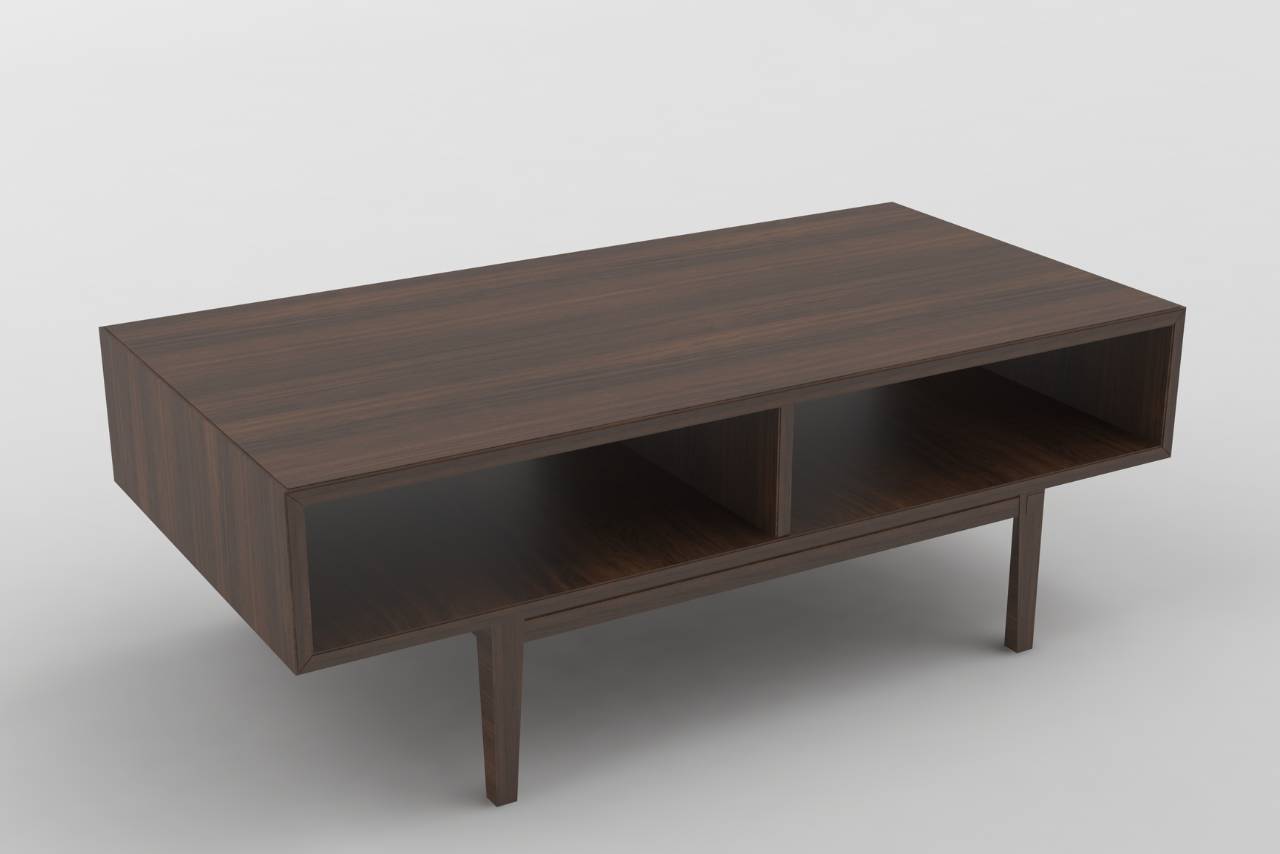
✅ Why it’s eco-friendly:
Instead of chopping down more forests, reclaimed wood gives new life to old timber. It adds character, history, and charm to any project.
✅ Best for:
Flooring, beams, cabinetry, and furniture.
✅ Local Tip:
Source reclaimed wood from demolition sites, shipyards, or salvage yards — just make sure your building contractor checks for termites or moisture damage!
5. Hempcrete
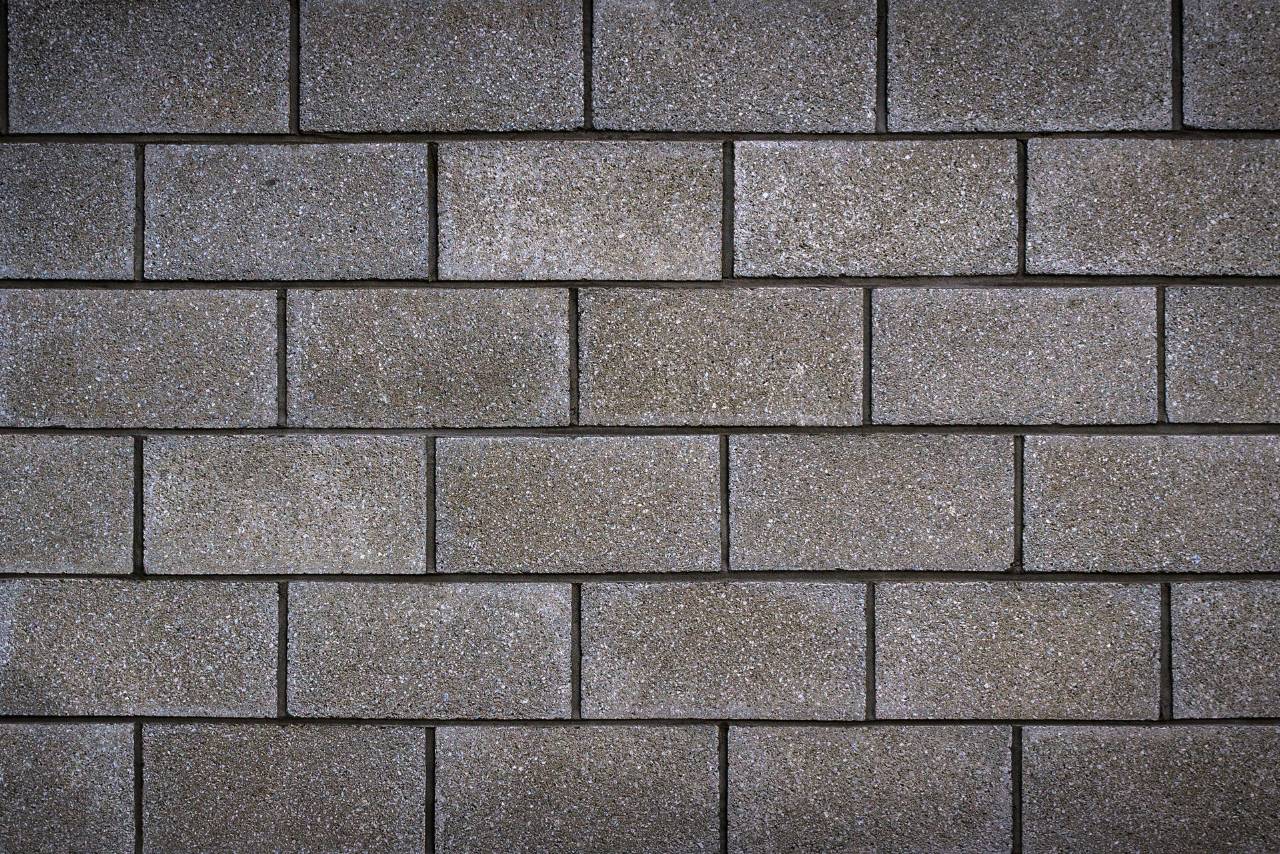
✅ Why it’s eco-friendly:
Made from the hemp plant’s inner fibres mixed with lime, hempcrete is light, insulating, fire-resistant, and biodegradable.
✅ Best for:
Insulation, internal walls, and floors.
✅ Local Tip:
South Africa has an emerging industrial hemp industry; so hempcrete is becoming increasingly available and affordable.
6. Low-VOC Paints
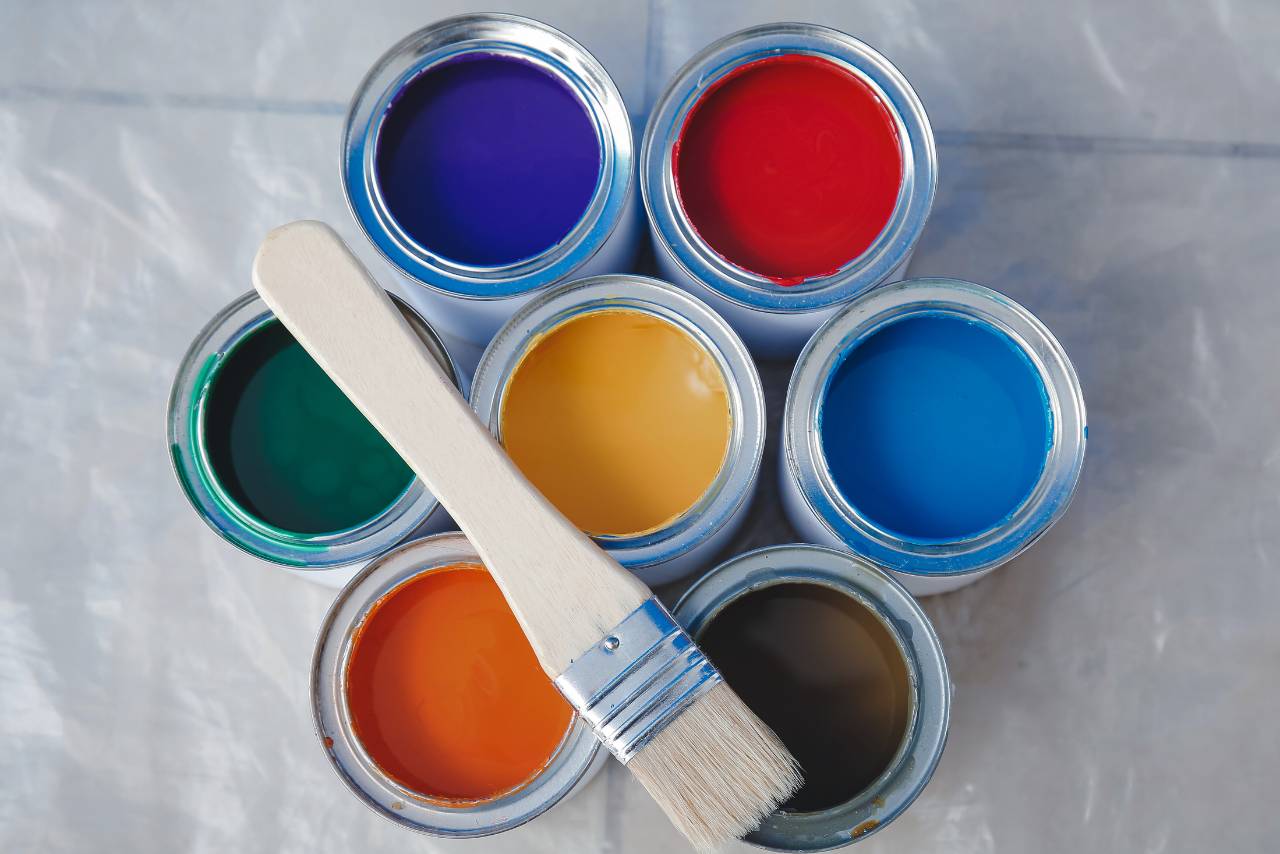
✅ Why it’s eco-friendly:
Traditional paints release harmful volatile organic compounds (VOCs) into the air. Low-VOC options are much healthier for both occupants and the planet.
✅ Best for:
Interior and exterior walls.
✅ Local Tip:
Brands like Plascon and Dulux South Africa now offer low-VOC lines. Always check labels carefully!
7. Clay Bricks and Adobe
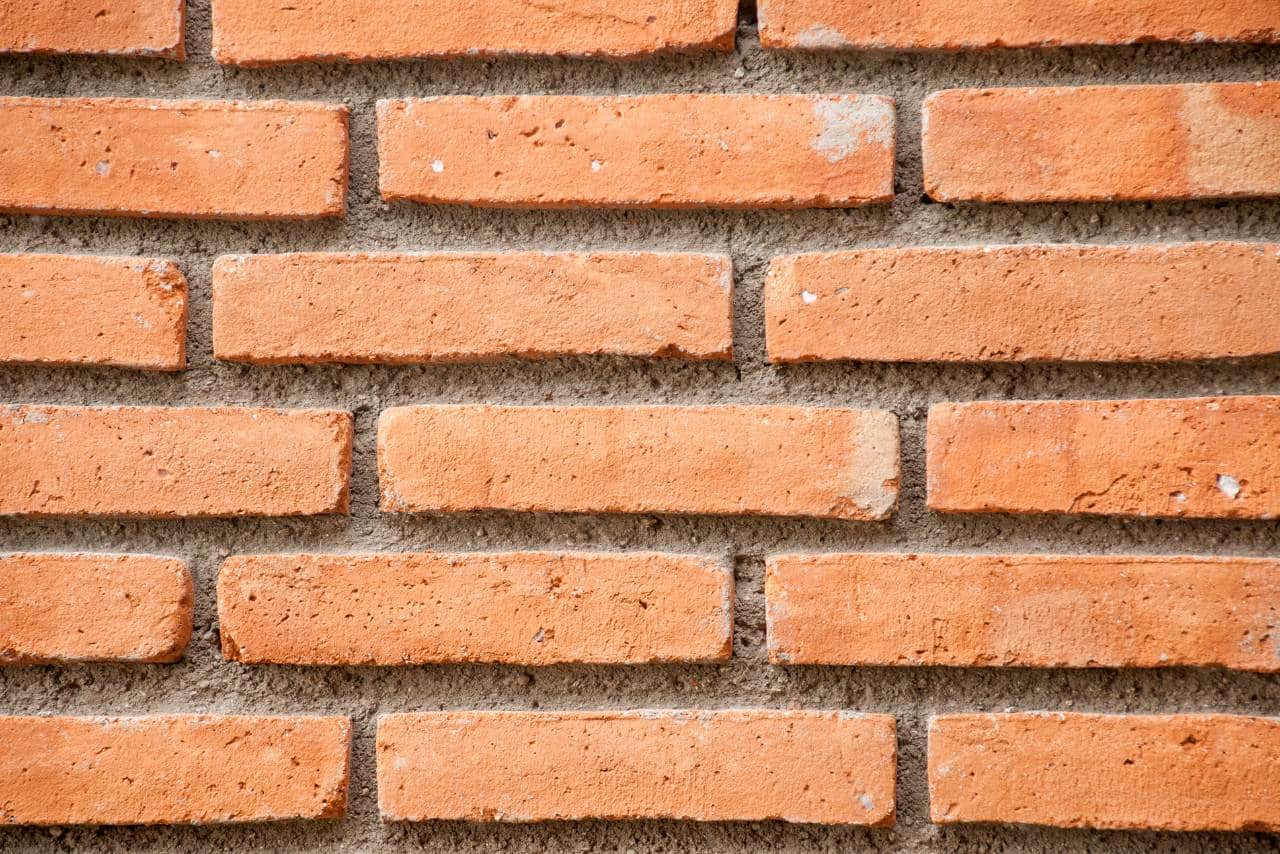
✅ Why it’s eco-friendly:
Clay bricks are locally sourced, energy-efficient, and recyclable. Adobe, a natural clay-based building material, offers excellent thermal mass for hot climates.
✅ Best for:
Walls and façades.
✅ Local Tip:
In regions like Limpopo and Eastern Cape, adobe homes have been a sustainable building tradition for centuries, and they still stand strong!
How Your Building Contractor Plays a Role in Eco-Friendly Construction
Choosing sustainable materials is one thing — but executing the vision correctly is another. That’s where your building contractor steps up.
A good contractor will:
-
✅ Source local, sustainable materials to cut down on transportation emissions
-
✅ Implement waste management strategies on-site
-
✅ Use energy-efficient construction methods
-
✅ Ensure materials are installed correctly for maximum longevity
When selecting your contractor, make sure to ask about their experience with green building practices. Certifications or experience with projects rated by the Green Building Council South Africa (GBCSA) are a big plus!
Key Considerations When Choosing Sustainable Materials
Before rushing out to buy the trendiest “eco” products, pause and think through these factors:
1. Embodied Energy
Look at how much energy went into manufacturing and transporting the material.
2. Local Availability
Locally sourced materials are almost always better for reducing your carbon footprint.
3. Durability
Materials should last a long time to avoid frequent replacements.
4. Health Impact
Prioritise non-toxic materials to protect indoor air quality.
5. Life Cycle Analysis
Consider the material’s full life span, from extraction through disposal.
Challenges in Building Sustainably in South Africa (and How to Overcome Them)
🚧 Challenge 1: Limited Availability in Some Areas
Solution: Work with experienced suppliers and building contractors who can recommend alternatives or custom solutions.
🚧 Challenge 2: Higher Upfront Costs
Solution: While initial costs may be higher, sustainable materials typically save money over time through lower energy, water, and maintenance costs.
🚧 Challenge 3: Regulatory Hurdles
Solution: Partner with architects and contractors familiar with local municipal regulations and green building standards.
Success Stories: Sustainable Building in South Africa
💬 Example 1: The Green Building in Sandton
This was South Africa’s first Green Star SA-rated office building, using recycled materials, energy-efficient systems, and water-wise landscaping.
💬 Example 2: The iShack Project in Stellenbosch
Affordable, solar-powered housing built from sustainable materials, offering a model for upgrading informal settlements.
These projects show that eco-friendly building isn’t just for luxury homes; it’s achievable and practical across sectors and budgets!
FAQs About Sustainable Building in South Africa
Q1: Is building sustainably more expensive?
💬 Initially, yes — but you’ll save on utilities and maintenance, and future-proof your investment.
Q2: Can I retrofit my existing home with eco-friendly materials?
💬 Absolutely! Things like adding insulation, upgrading windows, and switching to low-VOC paints are excellent places to start.
Q3: Are there government incentives for green building?
💬 Some municipalities offer rebates or fast-tracked approvals for green projects, especially for developments pursuing Green Star SA ratings.
Q4: How do I know if a material is truly sustainable?
💬 Look for certifications (e.g., SABS, ISO 14001) and ask suppliers about sourcing and production methods.
Wrapping Up: Building a Greener South Africa, One Project at a Time
Choosing eco-friendly and sustainable building materials is a powerful step towards a healthier, more resilient future for South Africa, and it’s easier than you might think with the right guidance!
By partnering with an experienced building contractor who understands local conditions, sourcing materials thoughtfully, and planning carefully, you can create a home, office, or development that is beautiful, efficient, and sustainable.
🌿 Ready to build better? Chat to the experts at Mimiti today and bring your eco-friendly vision to life! 🌟
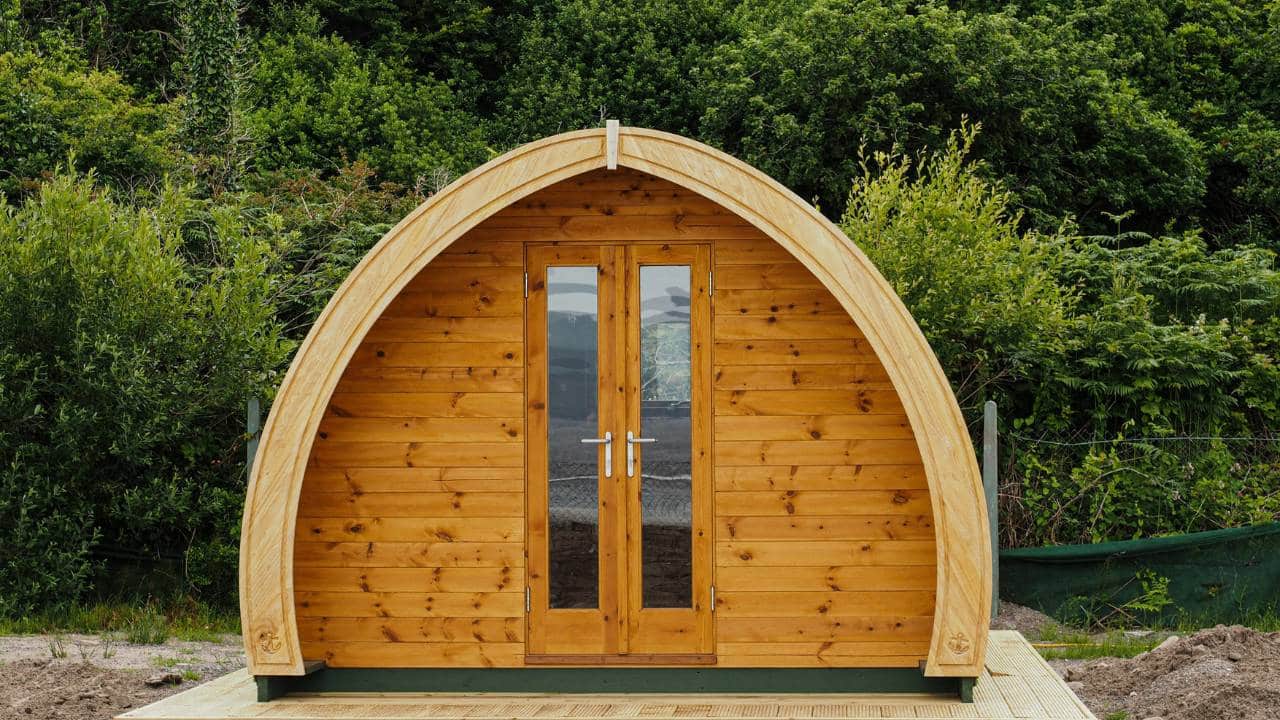

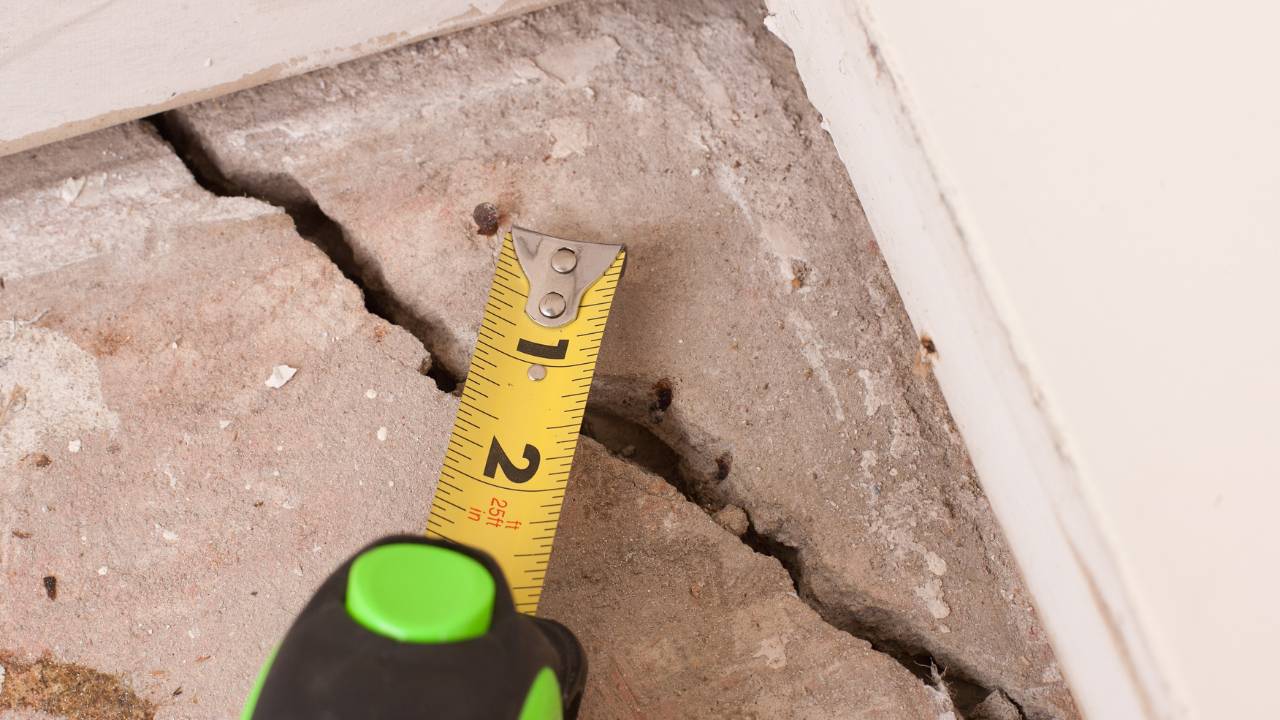
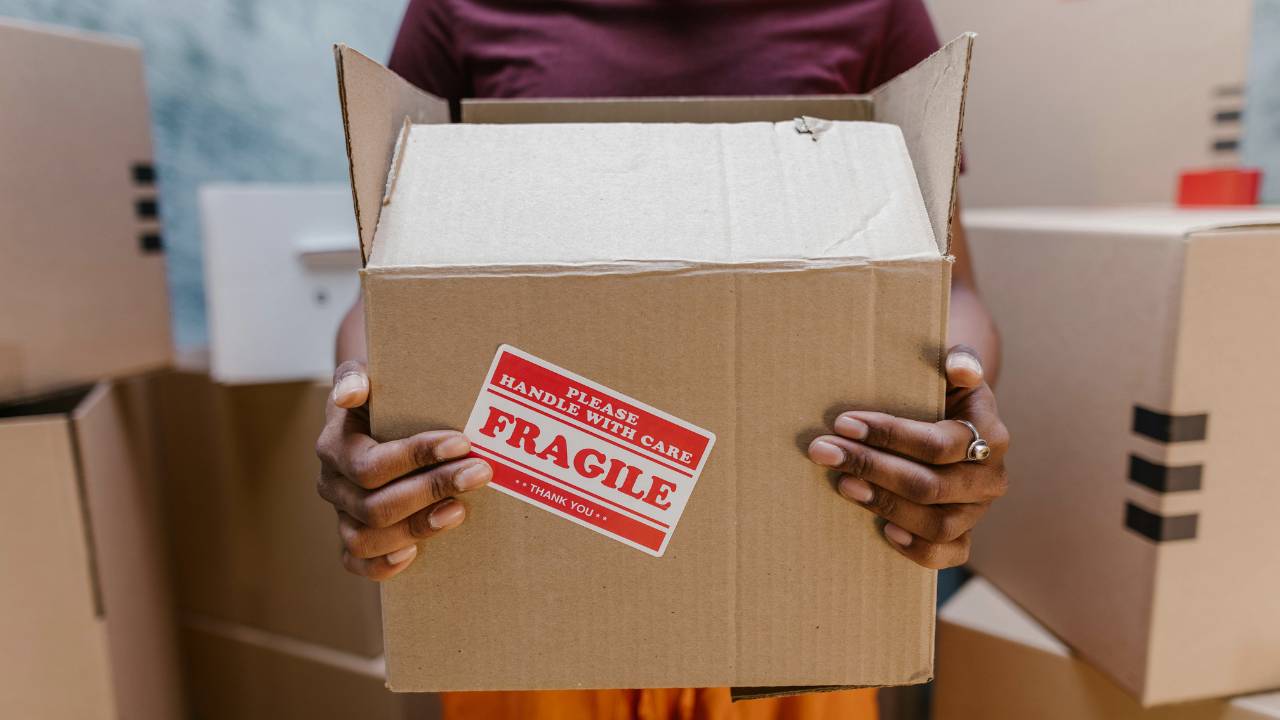
Magnificent beat ! I would like to apprentice while you
amend your site, how can i subscribe for a blog site?
The account helped me a acceptable deal. I
had been tiny bit acquainted of this your broadcast offered bright
clear concept
Your method of explaining all in this post is genuinely fastidious, all be capable of effortlessly be aware of it, Thanks a lot.